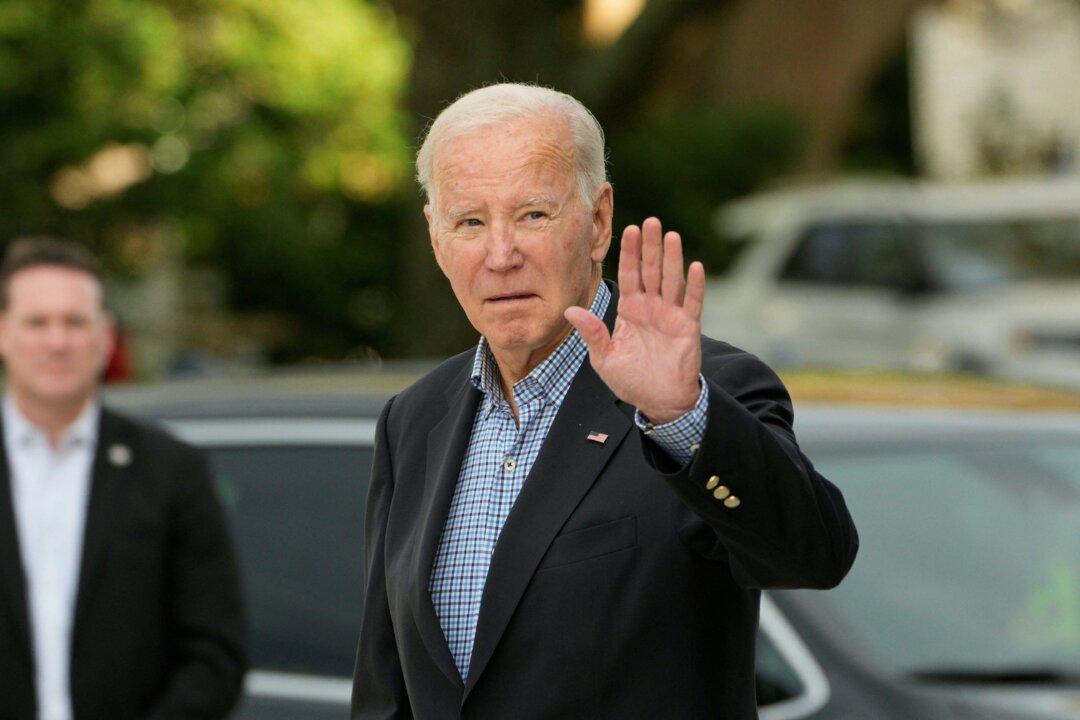The Biden administration is initiating 31 new “tech hubs” around the United States to be used as a way of increasing economic growth, according to an Oct. 23 announcement.
President Joe Biden and Secretary of Commerce Gina Raimondo have announced the designation of dozens of communities as Regional Innovation and Technology Hubs through the Department of Commerce Economic Development Administration.





